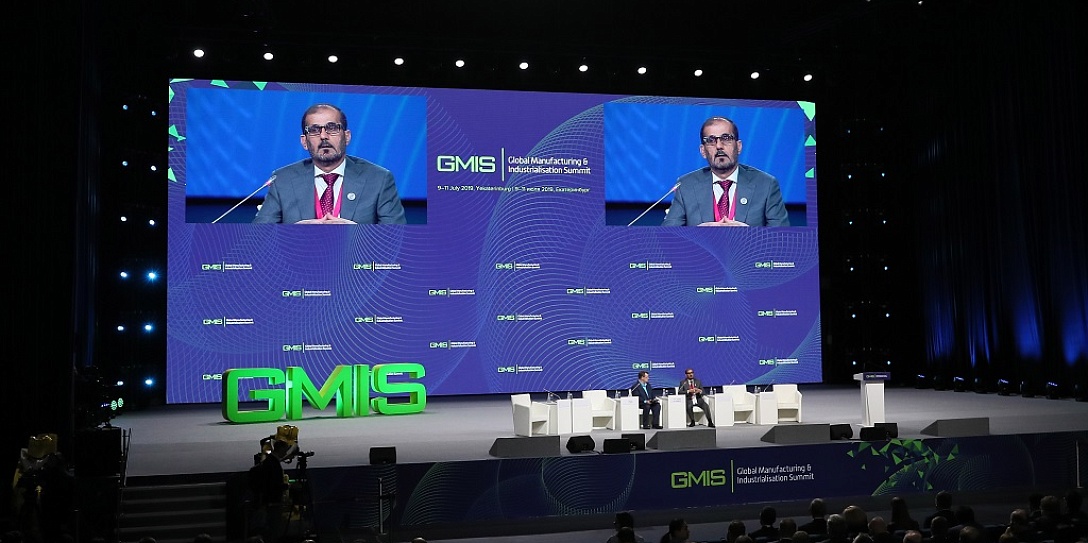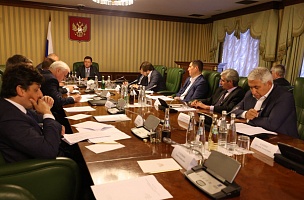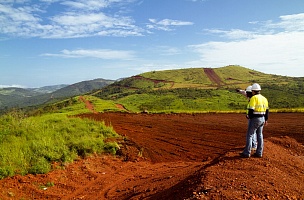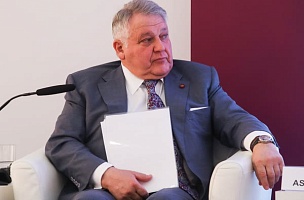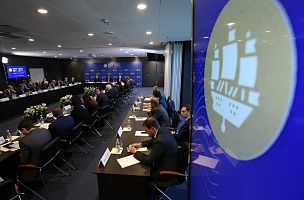The ministerial panel session ‘Adapting Industrial Policies to a Digital World for Economic Diversification and National Structural Transformation’ was held on day two of the Global Manufacturing and Industrialisation Summit on 10 July 2019.
Digital technologies significantly increase labour productivity and help to expand international trade and cooperation between countries. At the same time, they require a qualitative long-term forecast in terms of planning not only in matters concerning digitalization, but education as well in order to promote the sustainable economic development of all countries around the world. New technologies are driving human progress, which cannot be stopped. Just like Industry 4.0, education is changing countries’ policies in industry. Education must be developed in order to see the prospects of the future.
United Arab Emirates Minister of Education Hussain Al Hammadi noted during the discussion that «education is the most important aspect of any revolution taking place in the world. Education alone is the source for creating new technologies. Such technologies are rapidly driving transformations in all spheres of human life while traversing the borders of all countries. The emergence of new skills and expertise is an imperative of our times. We must be open to such changes and not fear them.»
The second issue addressed by the minister during the session was natural resources. «The planet’s natural resources are not limitless. They will constantly be depleted. We must take care of the environment, strive to live in harmony with it, and think about sustainable development in the future. This goal must be implemented unconditionally in all countries of the world. We must try to understand each other and work for the common good throughout the world.»
Al Hammadi stressed that the United Arab Emirates has been transforming its education system since 2014 to meet the challenges of the 21st century with reliance on new technologies and the unique experience of other countries. «Whereas in the last century one education was sufficient for a person for life, today the educational process should be constant and continuous. The classical education system is no longer relevant and has become obsolete. People need to keep learning their whole lives, and curricula must be flexible. We are creating a new education system based on artificial intelligence,» he said.
It is crucial for a country’s leadership to look ahead and be far-sighted in this work, the minister said. Planning for the future is highly dependent on human capital. «Whatever your human capital is, that’s your future, too. Each person should be viewed as an integral element of our future. This provides a quality educational system that is consistent with the challenges of the times. We need to get away from the routine and fully engage talented young people in various fields, and fully utilize people’s creative potential,» the minister said.
A country’s industry and teachers at all levels should be actively involved in the education of young people, Al Hammadi said. «We are open to cooperation in the field of knowledge, and we export knowledge. The proper human capital is the backbone of a state and the key to sustainable development. Our goal is to build the best education system in the world to maintain a high standard of living for people today and in the future,» he said.


